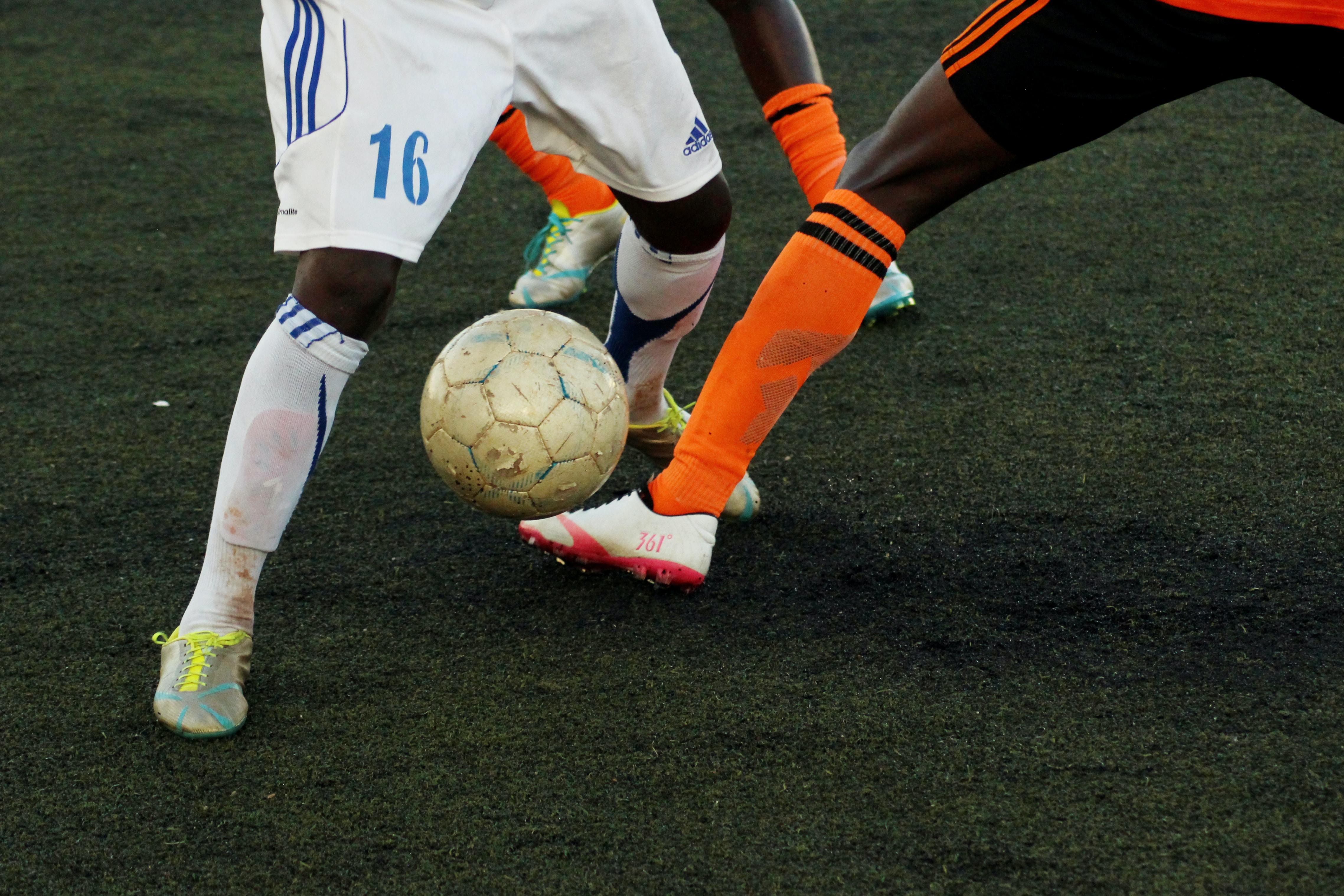Grooming

Context
Abusive adults often use trust to create opportunity, and as young athletes can be naive and impressionable, they are vulnerable prey to an abuser. Many will not be aware they are being abused. This is grooming.
Grooming is a serious safeguarding issue that can have long-lasting psychological, emotional, and physical impacts on athletes.
Athletes need to be vigilant and question motives, especially when attention, kindness, and communication levels become more than shown to others.
When you're being made to feel special, it can be a wonderful feeling… but this is precisely what abusers hope for and how manipulation becomes possible.
Knowing whether what is being said or done constitutes grooming can be difficult. There can be a very fine line between genuine kindness and this intentional, manipulative form of abuse.
We have included below the World Athletics definition of ‘grooming’ to help you know the signs that a line has been crossed.
Definition of Grooming
”Grooming is the process whereby an individual builds a relationship with a child, encouraging them to trust them so that the groomer can manipulate and exploit them for their own advantage.
Grooming an athlete’s family, entourage, and friends often leads those individuals to believe that the groomer is dependable and trustworthy, enabling the groomer to have access to the athlete.
By manipulating the athlete and exploiting the relationship, they will make the athlete believe they must comply with the groomer’s demands.
The power a groomer has over the child is used to isolate them from friends and family who might otherwise warn or caution them from complying with the groomer’s demands".
It's important to understand that grooming can occur online and in person.
Be aware that grooming tactics can extend to parents and family members too. When trusted by the athlete’s support network, an abusive coach’s behaviours can go unnoticed.

Take Home Points
Look out for the signs:
-
Repeated emphasis on your sporting potential.
-
Feeling you're being treated as the favourite within your training group.
-
A coach* creating scenarios designed to encourage trust and dependency.
-
Attempts to cement a friendship with you outside of the sporting environment, e.g., communications via social media/instant messaging, etc.
-
In short, question motives, report concerns, beware of the trust trap and don’t get sucked in…
Note: We have used the word ‘coach’ as a relatable example to represent anyone who performs/attempts abusive behaviours within a sporting context.









0 comments
Leave a comment
Please log in or register to post a comment